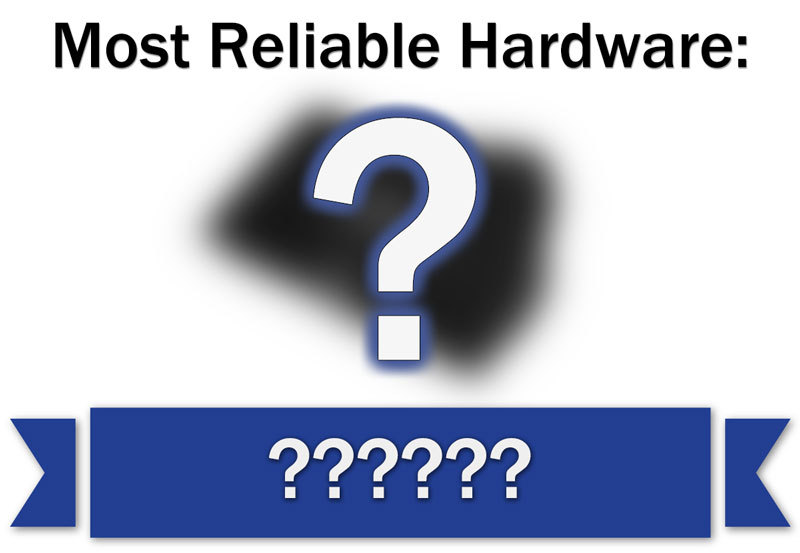- Joined
- Jul 5, 2013
- Messages
- 31,783 (7.24/day)
I discussion was going on that was off-topic for the thread it was in and needed a new home. And away we go...
I've never seen any major issues with their data.Backblaze also doesn't fair so well if you take a close look at their numbers (or a different year with different conclusions, for that matter). There is a lot wrong with using them for any kind of generalized conclusion.
Because of course you would. But Ok, got any other data that is publicly available that shows usage and failure rates of such a large number of drives we can cite? BackBlaze, to my knowledge, is the only source for data like this where sample size is very large and data disclosure is frequent.I exclude them from my stats with good rationale.



